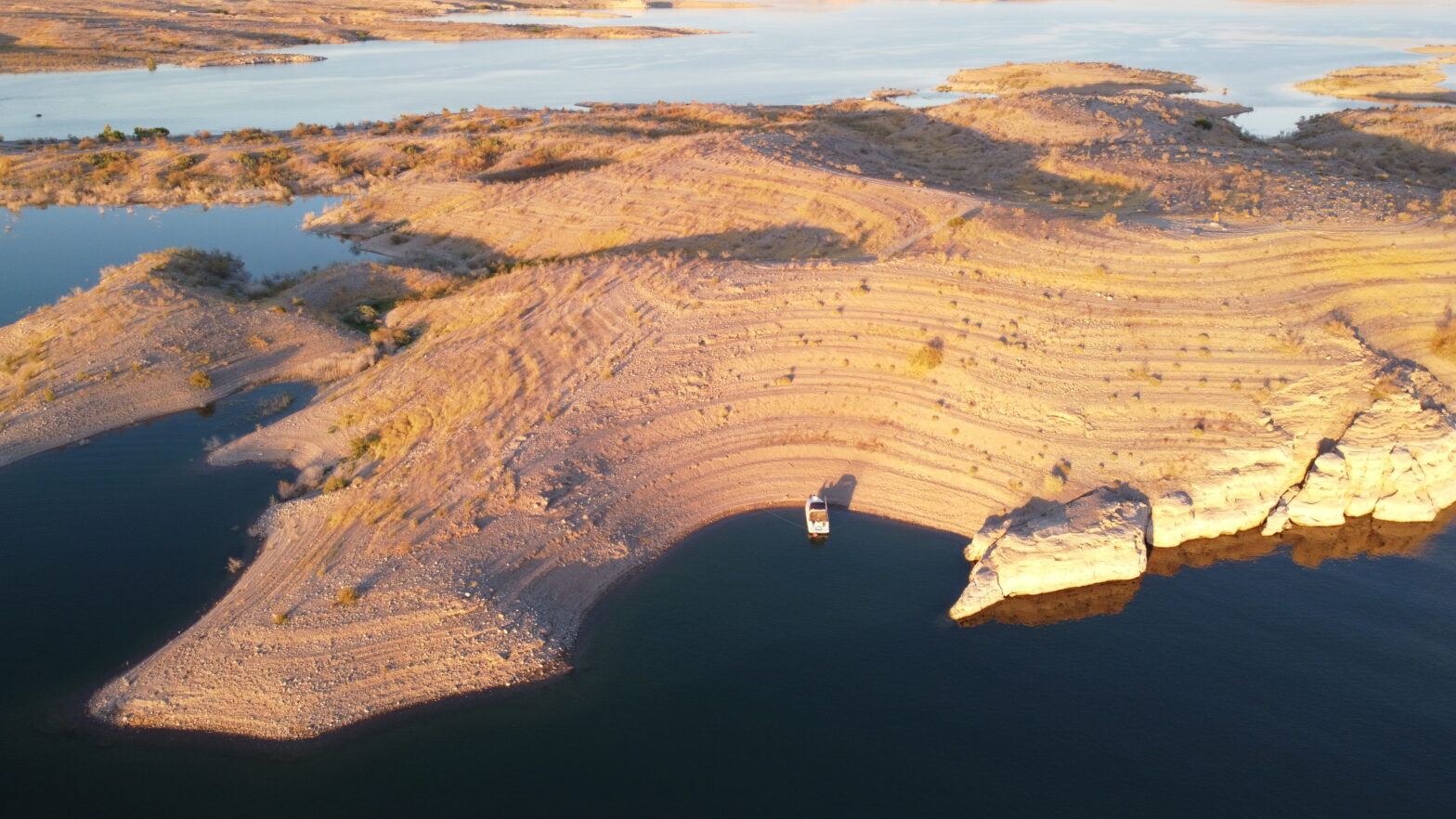We make hundreds or thousands of subconscious decisions each day, but just because they’re subconscious doesn’t mean that we have no influence on them. Quite the opposite, they are actually dictated by our principles and the lenses through which we view the world. By changing those things we can automatically and effortlessly make better decisions.
One of the most important lenses through which we make decisions is our time scale. We make decisions to effect positive change in our lives, but WHEN that positive change takes place can vary a lot.
For example, a drug addict makes decisions on a very short time scale, maybe just a minute or an hour or so. Addicts know that the substances or behaviours they use are bad in the long term, but that’s not a time scale that they are concerned with. If you want to optimize for the next few minutes of your life, choosing to use heroin makes a lot of sense.
On the other hand, some people optimize for infinity. I dated a girl once who was totally unwilling to spend money on anything (she actually spent tons of time entering sweepstakes so that she could win everything she needed), but had saved up tons of money. Even when the money would have a huge benefit to her life, she would not spend it.
Those are extremes, of course. It’s just a rough guess, but I’d estimate that people generally optimize for about 3-12 months in advance. They’re willing to save up a little bit or delay a little bit of gratification for something up to a year out. They’ll work out in advance of a wedding or bikini season, but not to keep themselves in good health in the next decade.
A better idea is to optimize for about 5-10 years in the future. Almost five years ago I wrote about how I was optimizing five years in advance, which felt pretty far away at the time, but if you follow my stuff you can see that everything I talked about https://tynan.com/2021 paid off.
When you optimize further out you have a lot more leverage and can create much bigger changes. How much can you improve your social life in a month? Some, for sure. How much in five years? A tremendous amount. Same with finances, career, health, or anything else.
If you decide to start optimizing 5-10 years out, what you are really doing is trading some enjoyment for the next period of years for a much better life for the rest of your life. This happens because once that 5 years hits, you are enjoying that huge leverage you had on your life. And because you kept optimizing for that time scale as your life went on, the big benefits keep coming.
I started doing this in earnest some time around 2010 or so. It felt like it wasn’t really working for a while, and then sure enough things really started to take off five years later and continued to improve more and more.
The balance, of course, is that in some ways you are in the best years of your life now, so it would be nice to enjoy them as much as possible. For example, if you have the money to travel earlier, you can do more because your body will be in better shape. If you make better friends sooner you’ll have more years in which to bond and create memories. For that reason I think it’s best to start with a five year horizon and to gradually extend it to ten years, or to mix in five and ten year initiatives.
This sounds all very theoretical, but it’s really easy to implement. Whenever you’re making a decision, just ask yourself if it will be something you’ll be glad you did in five years. Usually the answer is extremely obvious. If you find yourself becoming too extreme, remember that your health, including mental health, now is important. So it’s not worth sleeping 4 hours a night to set yourself up in 5 years, because you’re actually damaging your health.
Eventually your time scale becomes part of who you are. I’ve been doing some home shopping in Las Vegas and I noticed that my favorite houses are ones where I could spend years remodeling them to make them perfect, rather than ones that are pretty good now. When I pitched properties like the island to people, you could really see what their time scales were. People who thought long term thought it was a no brainer (“Imagine what we could build and do on the island for the rest of our lives!”) and people who thought short term had zero interest (“What would we do on an undeveloped island in the middle of nowhere in Canada?”).
Look at your decisions and figure out where your current time scale is. Write down 10 big decisions and ask yourself when they would be expected to pay off. Average that number. Think about whether that’s when you want to be optimizing for. Too short and you shortchange your future self, too long and you shortchange your present self.
###
I made some changes to my email software, so your email may look different this week. If didn’t get this post in your email and were expecting to, please get in touch.
Photo is yet another Lake Mead drone photo

Leave a Reply